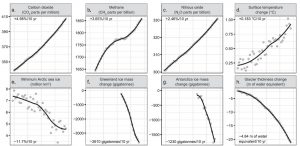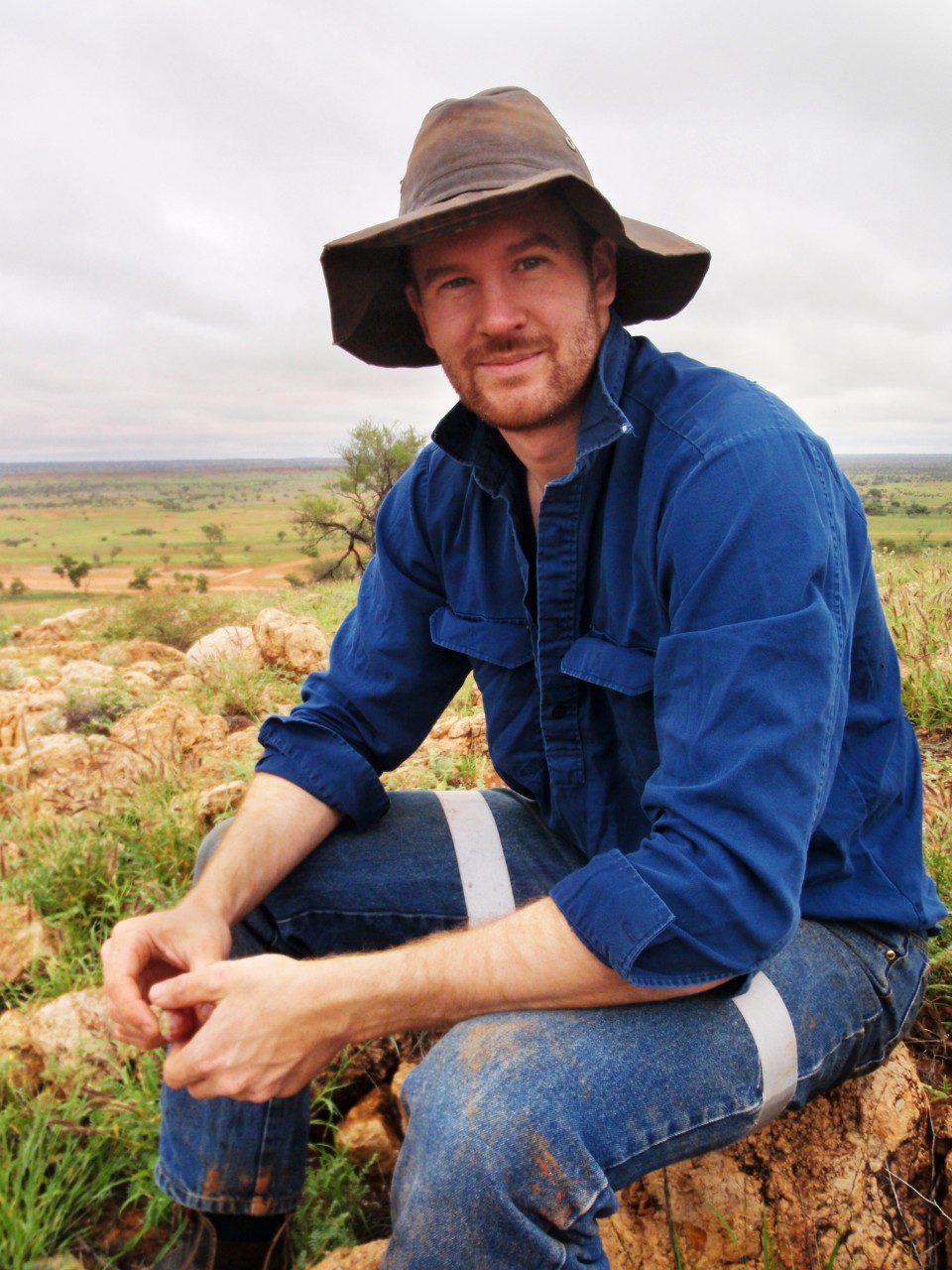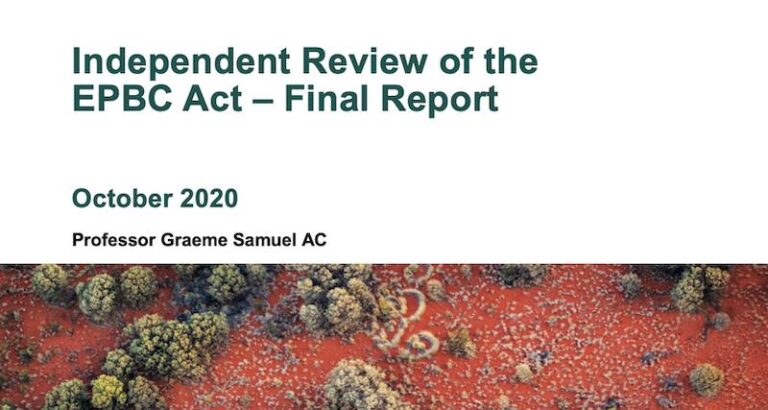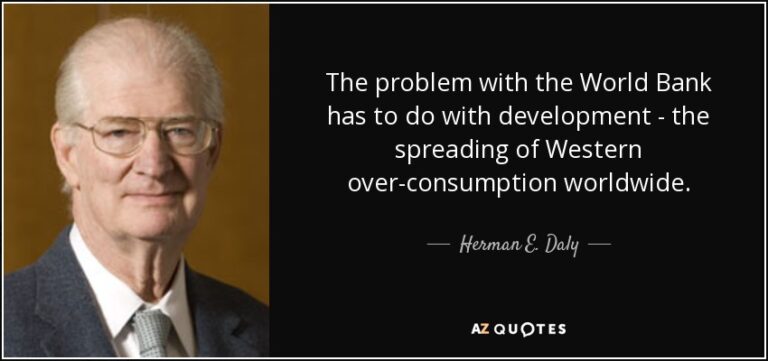It must be extremely frustrating for scientists who are witnesses to how human actions are impacting on the earths life support systems, to have their findings ignored or played down.
How many times do they have to explain? In how many different ways do they have to make the point?
A paper published in BioScience has outlined six steps humanity needs to take to reduce the impact of the emerging climate crisis. Dr Thomas Newsome, a co-author of the paper, says scientists have a moral obligation to warn of any great threat.
If it was to do with an imminent outbreak of some viral disease or exposure to a toxic substance in food, there would be no hesitation in adopting scientists recommendations and taking the necessary steps to avert any chance of there being catastrophic consequences. But despite all the graphs and years of evidence, denial seems to be the order of the day. If not denial, then making gestures in the direction of change, but in reality continuing to drive emissions higher, turning a blind eye to land clearing, and putting little more than a dent in the transfer of materials from mines to landfill.
The authors from the University of Sydney, Oregon State University, University of Cape Town and Tufts University, along with more than 11,000 scientist signatories from 153 countries, declare a climate emergency, present data showing trends as benchmarks against which to measure progress and outline six areas of action to mitigate the worst effects of a human-induced climate change.
The declaration is based on scientific analysis of more than 40 years of publicly available data covering a broad range of measures, including energy use, surface temperature, population growth, land clearing, deforestation, polar ice mass, fertility rates, gross domestic product and carbon emissions.
Rather than make a series of motherhood statements, couching their findings in language that we can’t get our heads around, Thomas Newsome and his colleagues have been clear and concise in their message. They point to six areas in which humanity can take immediate steps to slow down the effects of a warming earth. The six are presented here as a list – check the references for details.
- Energy. Implement massive conservation practices; replace fossil fuels with clean renewables; leave remaining stocks of fossil fuels in the ground; eliminate subsidies to fossil fuel companies; and impose carbon fees.
- Short–lived pollutants.Swiftly cut emissions of methane, hydrofluorocarbons, soot and other short-lived climate pollutants.
- Nature. Restrain massive land clearing. Restore and protect ecosystems such as forests, grasslands and mangroves.
- Food. Eat mostly plants and consume fewer animal products. Reducing food waste is also critical.
- Economy. Convert the economy’s reliance on carbon fuels to address human dependence on the biosphere. Shift goals away from the growth of gross domestic product and the pursuit of affluence. Curtail the extraction of materials and exploitation of ecosystems to maintain long-term biosphere sustainability.
- Population. Stabilise global population … using approaches that ensure social and economic justice.

This group of scientists don’t shy away from the facts. To ignore them would be fool hardy. To downplay them as nothing more than a collection of charts compiled by a bunch of nerdy lab coat wearing alarmists does no one any favours.
Munibung Hill Conservation Society encourages members and friends to give careful consideration to this paper and to pass it on. For the full story as published in BioScience, click on the link: Scientists’ call for climate emergency
For stories from the popular press including a one minute video clip try this: Climate change isn’t just about temperature and this: Scientists put their names on climate emergency paper


